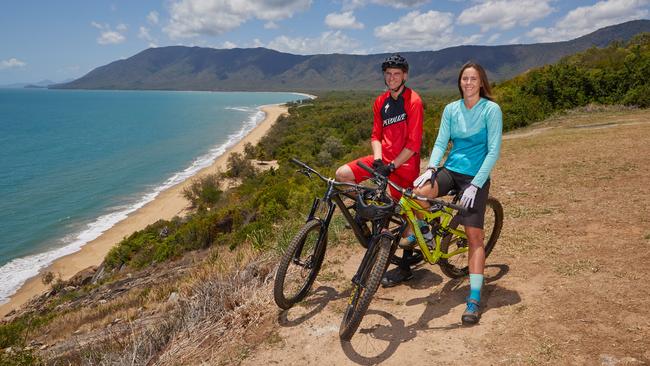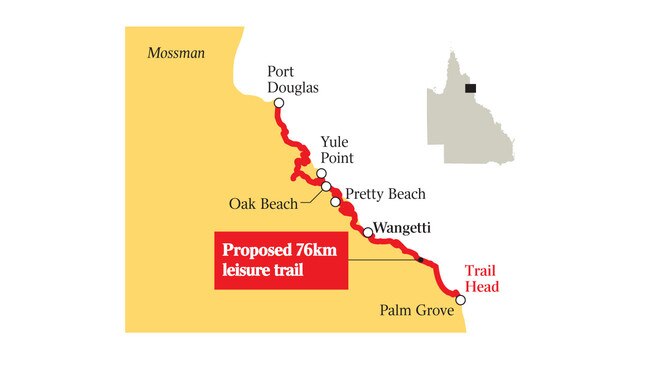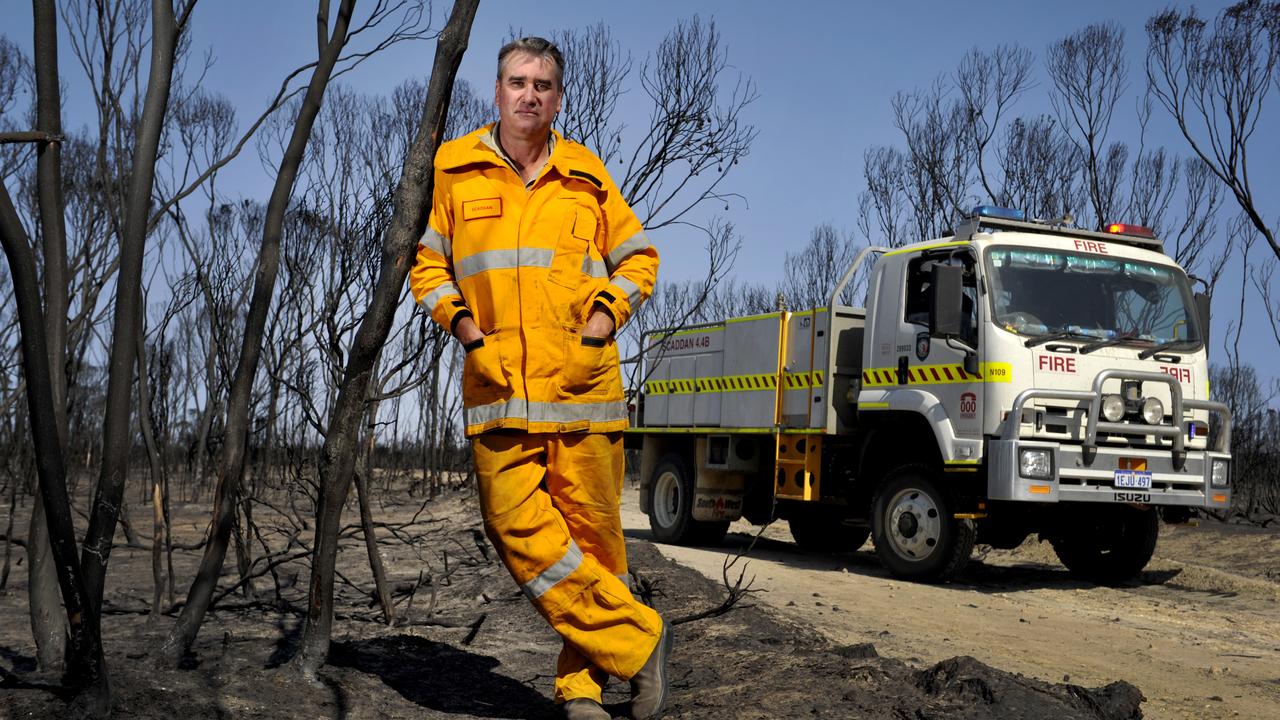Conservation and commerce cross paths on the far north money trail
A proposed trail between Cairns and Port Douglas is the latest venture seeking to capitalise on Australia’s pristine landscape.

A proposed trail for hikers and mountain bikers that hugs the coastline between Cairns and Port Douglas, cutting through two national parks, is the latest ecotourism venture seeking to capitalise on Australia’s pristine landscape.
Yet plans for the 76km Wangetti Trail also expose the conflict between tourism dollars and development. Championed by the local Douglas Shire and backed by state and federal Labor, the trail is being touted as the future for tourism in the region, attracting 40,000 extra visitors a year.
While its supporters say the trail, which would include five camping spots, would have a minimal impact on the environment, others are not so sure.
Conservationists across the nation are concerned about the spread of ecotourism activities and warn that the “privatisation of national parks’’ will come at an inevitable cost. The conflict is most intense in Tasmania, where the Liberal state government has pushed to expand the sector.
In Queensland, the Labor government has joined the race, inviting expressions of interest for ventures in three national parks in the past month.
The Wangetti Trail is well along the development track: $950,000 in state funding has been awarded this year to finetune the design and business model.
Douglas Shire Council Mayor Julia Leu said the track would capitalise on the increasing popularity of mountain biking in the region, the economy of which is 80 per cent dependent on tourism.

“There is a huge growing sub-market of adventure and ecotourism and that is exactly where we want to position ourselves,” she said.
The Wangetti Trail would run between Four Mile Beach in Port Douglas and Palm Cove, north of Cairns, cutting through Kuranda National Park and Macalister Range National Park.
Conservationists are not convinced council risk-minimisation measures will be enough to outweigh the commercial impacts.
University of Queensland associate professor of tourism Lisa Ruhanen said “there is no neutral impact” of eco and adventure tourism and Australian Conservation Foundation campaigner Andrew Picone said: “Effectively privatising public conservation land for the commercial benefit of individual companies is not good for conservation or for the long-term tourism industry.”
Queensland Tourism Minister Kate Jones said the trail was crucial for regional Queensland and would create more than 150 jobs.
“This is what tourism industry development is all about — the state connecting national parks assets with private sector operators to deliver new job-generating tourism option,” she said.




To join the conversation, please log in. Don't have an account? Register
Join the conversation, you are commenting as Logout